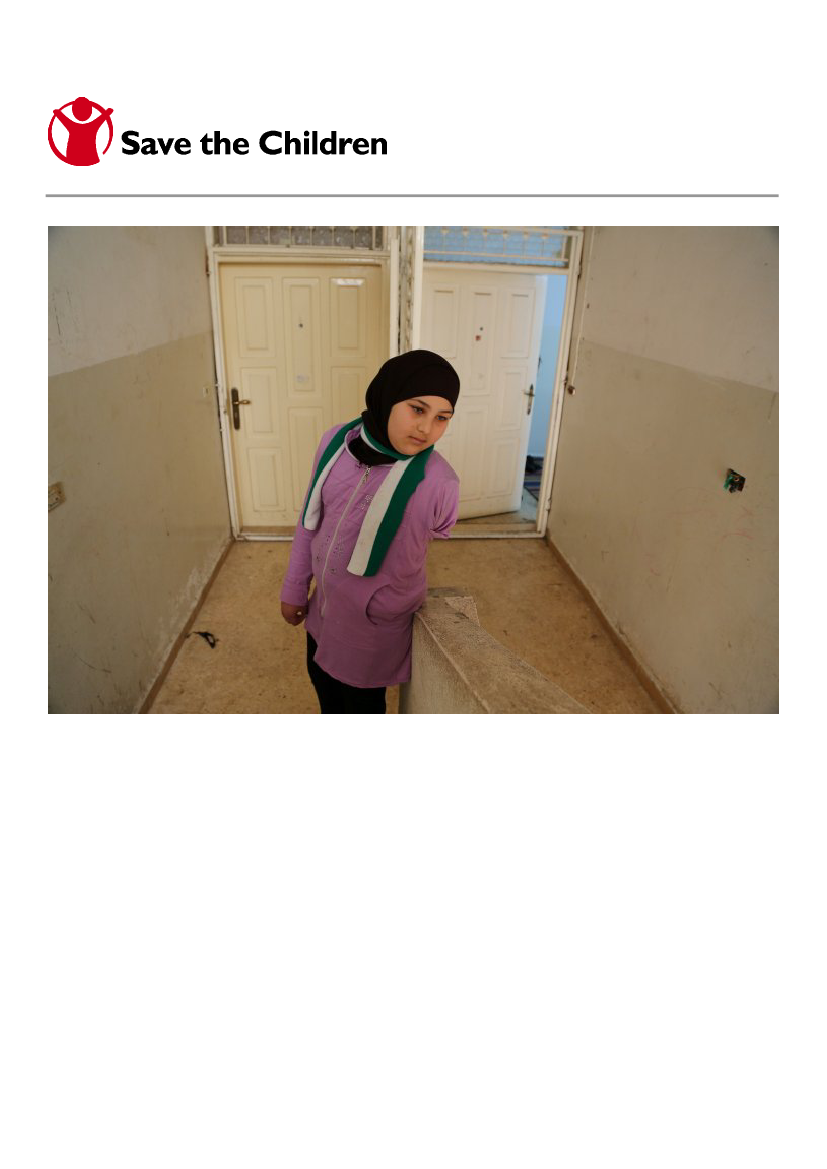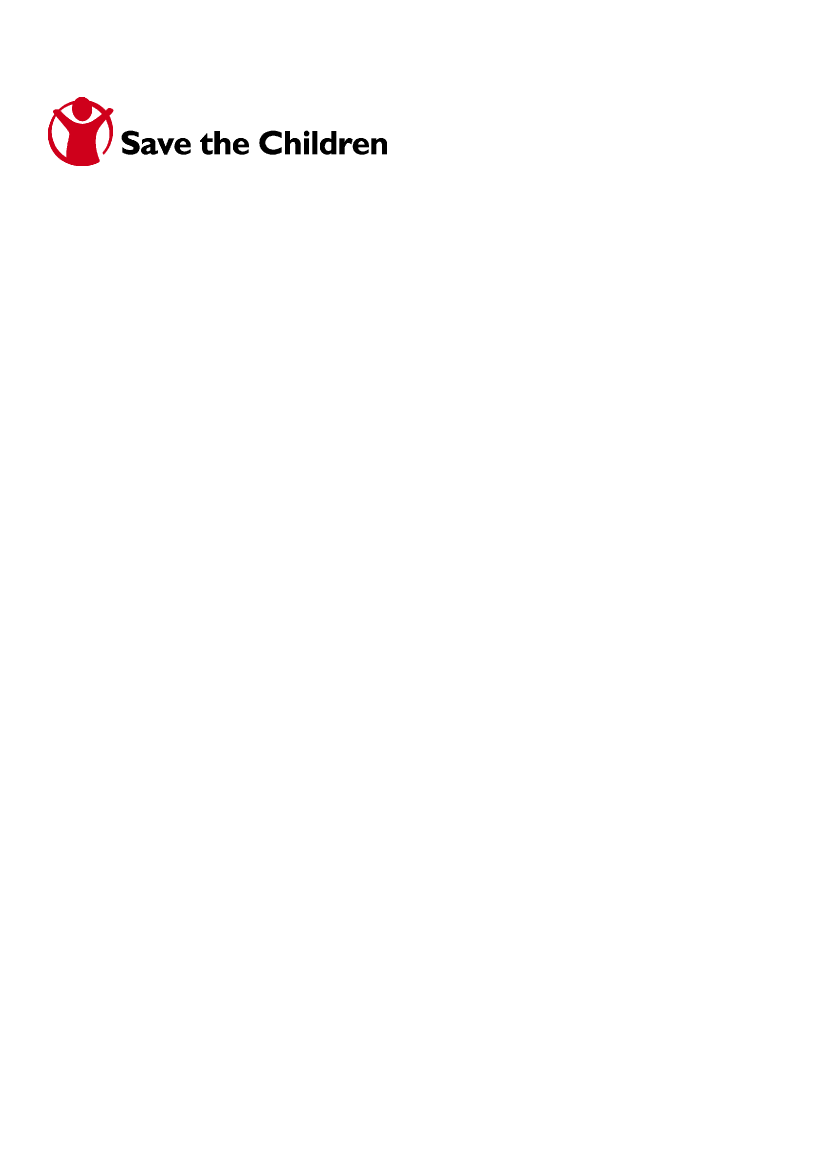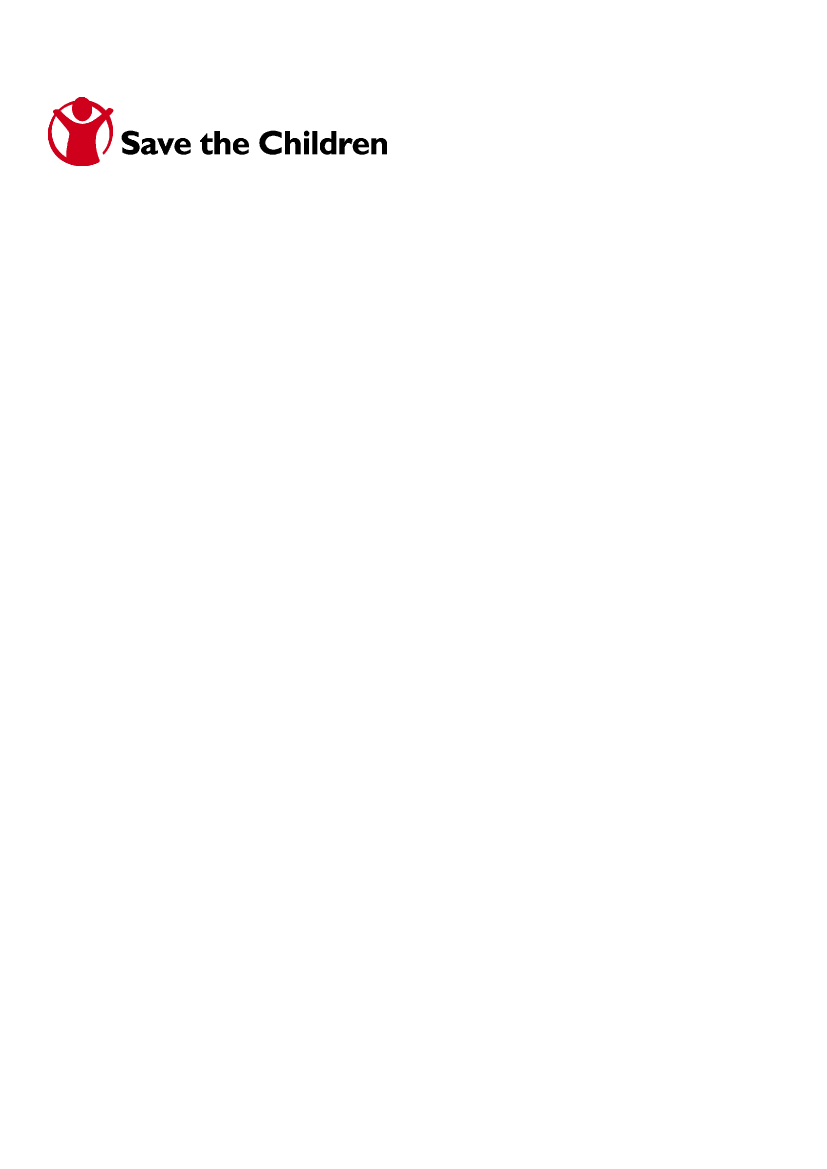Roqaya’s story – JordanChild/Adult
Roqaya Salamat (12), Ghassan Salamat (34), Huda Salamat (29), Victoria Salamat
(63)
Syrian refugees, psychosocial support
Case StudyRoqaya’s story in her and her parents words
“The attack occurred on the first day of Ramadan. I feel so much pain when I think of that day. Emotional pain,”Roqaya says. “We were in a shelter but went out to get some fresh air and to go to the pharmacy. I held mysister Maria in my arms the moment we were hit. I was standing at the entrance of the shelter but was blownback instantly and fell backwards. My little sister died and I got shrapnel in my shoulder,” says Roqaya.“The children were exposed to constant shelling. And they’re still traumatized. If someone knocks, of if the windstarts blowing. Hind, one of my three daughters that I’ve lost, was so afraid that she once said she wanted todie. At the age of 9. My youngest one, who was also killed in July; the first word she spoke was rocket. Theydied terrified, they never felt safe, they couldn’t sleep,” Huda explains.“The Free Syrian Army helped us cross the border. They carried me and Roqaya. It was only a week since wegot injured. I was terrified as we approached the border. It was during night. Although we were welcomed andtreated well by the Jordanian soldiers at the border, I didn’t manage to distinguish nor realize that they wereJordanian soldiers and not Syrian. I was crying and some of the Jordanian soldiers started crying as well. It feltlike being born again,” says Huda, Roqaya’s mother.“Our entire family is split now. An 8 month old son of my sister that has died, is apparently here in Jordan. Wehaven’t seen him though,” says Huda. “To begin with, we were treated in a field hospital in Hirak. But a weeklater we got into Jordan where we were cared for at the Islamic Hospital in Amman. That was on August 1st.We were at the hospital for two months, receiving treatment.”“I never had a weapon. And they killed my innocent daughters. I’ve also lost my two brothers. At the end of theday, civilians are getting hurt,” Ghassan says. “We’re paying 180 JOD in rent, plus 40 JOD for electricity andwater. We’re being helped by good people, Qataris and Jordanians.” Ghassan adds: “I have lost three of myfour daughters. All I want now is to do everything in my power for my only remaining child, Roqaya.”“I was working in Beirut when we lost our three daughters. I had moved there some months earlier. I am abarber and I had run out of business in Syria so I had no other choice but to emigrate to Lebanon for work. Isaw the bodies of my daughters on television, just after the attack happened. That is how I found out. Iimmediately wanted to go to Irak but my wife Huda didn’t want me to. She told me not to come, I’d get killed.Some days later, I left Beirut and went to the neighboring village of Hirak and stayed there to get in touch withHuda and Roqaya. We then decided to leave Syria for Jordan,” Ghassan says.“The (Save the Children’s) workshops do good to Roqaya. The bus comes and picks her up. It eases her mind,she is entertained and forgets momentarily about her trauma,” her mother, Huda, explains. (Roqaya is nowdone with 9 workshop sessions).“I wish I still had my sisters,” Roqaya says. “That is the first thing I think when I wake up in the morning. Andthen I think about how much I want to go abroad to have an operation on my arm. Cause I know it cannothappen here in Jordan.” “The operations are costly,” her mother adds.Interview conducted by Hedinn Halldorsson, Red Barnet Danmark, during an assignment to Jordan in
February 2012.
Scene-setting information
The interview takes place on February 11, 2013, on the first floor of a residential building in Irbid, close to theSyrian border. During the interview, we are shown a video the people of Hirak have made; a song and footagefrom July 26th, with some graphic footage of bodies of women and children. Ghassan, the family father canrecognise the dead bodies of his daughters. Ghassan also has recordings on his computer, shot immediately



